Rangamati, June 30 (V7N) - A protest rally and assembly were held in Rangamati on Monday by the Parbatya Chattogram Chhatra Parishad (PCCP) against recent controversial statements made by advisors of the Ministry of Chittagong Hill Tracts Affairs and the Ministry of Culture regarding the demand for an ‘indigenous’ identity. The protest also opposed the unchecked activities of the Culture Ministry’s advisor.
The demonstration was organized by the PCCP’s Rangamati district branch and began with a procession from Kathaltoli, culminating in a gathering at Bonrupa CNG Station square.
The protest followed a recent inter-ministerial meeting initiated by the Ministry of Culture where the advisor for the Culture Ministry, Mostafa Sarwar Faruqui, proposed renaming the “Small Ethnic Groups Cultural Institute” and the advisor for the Ministry of Chittagong Hill Tracts Affairs, Supradip Chakma, made statements demanding recognition of the ‘indigenous’ identity. This sparked strong reactions.
At the protest, PCCP Rangamati district president Md. Alamgir Hossain presided over the event, with general secretary Khalilur Rahman moderating. Speakers included PCNP Rangamati district president Md. Solaiman, PCCP Rangamati joint secretary Robiul Islam, Barkal Upazila president Taslim Uddin, general secretary and district publicity secretary Ismail Gazi, Langadu Upazila general secretary Monir Hossain, organizational secretary Khalid Hossain, and PCCP municipal organizational secretary Riazul Islam Babu, among others.
The leaders stated that during the June 23 meeting, discussion focused on amending the “Small Ethnic Groups Cultural Institution Act, 2010,” proposing a new ordinance “Ethnic Diversity Cultural Institution Ordinance, 2025” and renaming seven cultural institutes as “National Diversity Institutes.” Supradip Chakma’s remark emphasizing the ‘indigenous’ term “just for our identification” was deemed ambiguous and unconstitutional.
They referenced Article 6(2) of the Bangladesh Constitution, which clearly states: “The citizens of the State shall be Bengali by race and Bangladeshi by citizenship.” The leaders criticized such statements by high-ranking advisors as irresponsible, warning that they could incite ethnic tensions and divisive politics.
The protesters reaffirmed that Bangladesh is a single, unified nation-state based on a singular national identity. While respecting the cultural rights of various small ethnic communities, they cautioned that any political demand challenging the constitutional national identity could pose a grave threat.
Further concerns were raised about a potential amendment to clause 7(gh), which might unilaterally alter the parliamentary representation framework of six small ethnic group representatives. The leaders warned that this could marginalize the political and cultural representation of the Bengali population in the Hill Tracts and jeopardize the longstanding tradition of coexistence.
END/AMR/SMA/



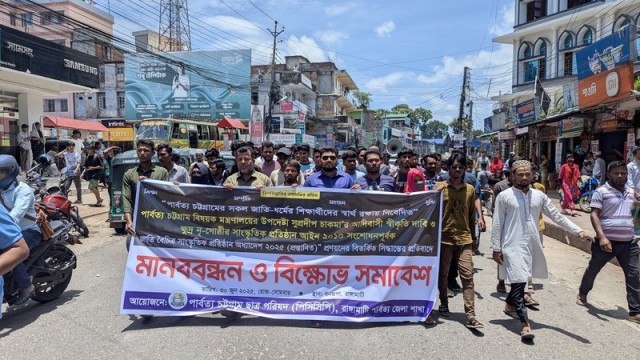
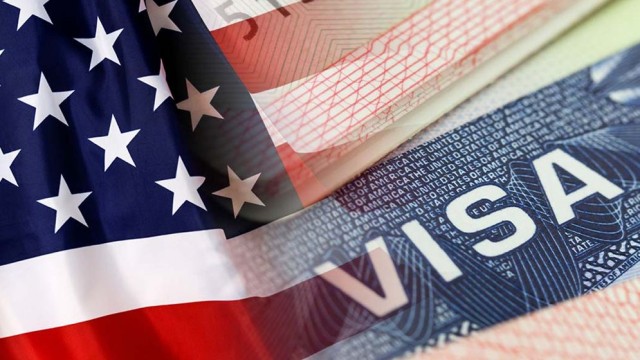
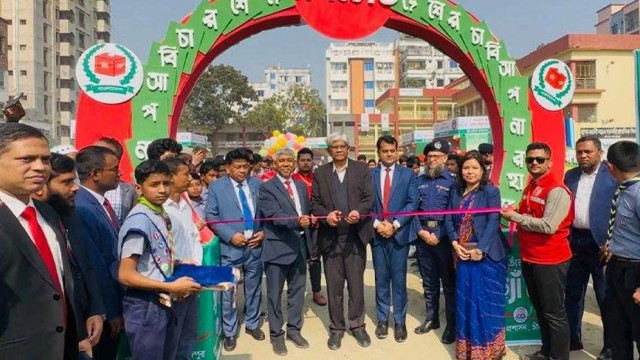
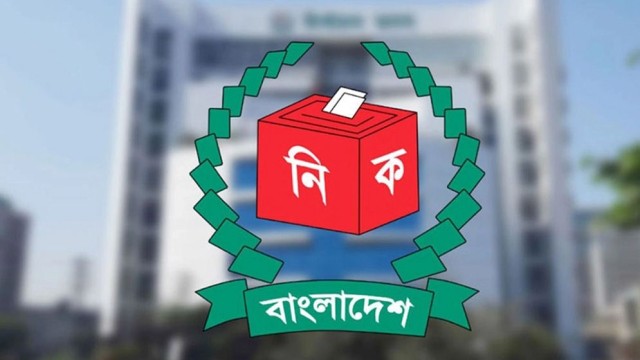
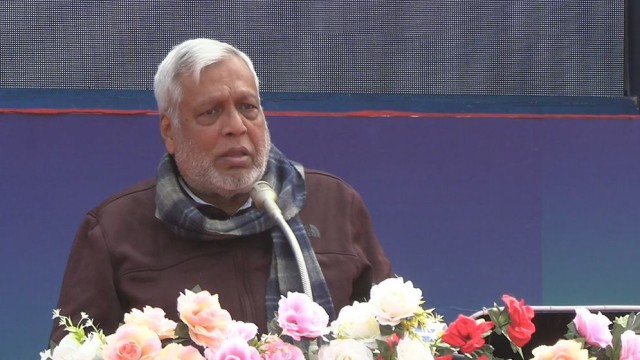

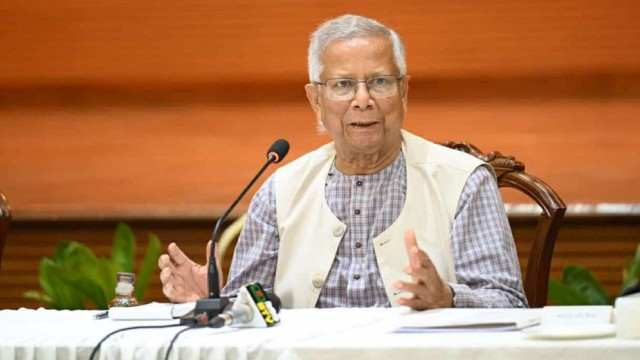
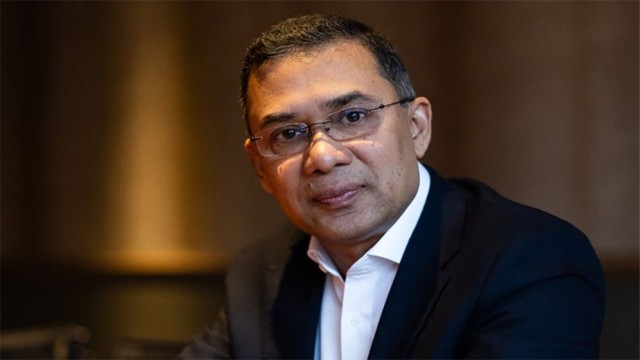
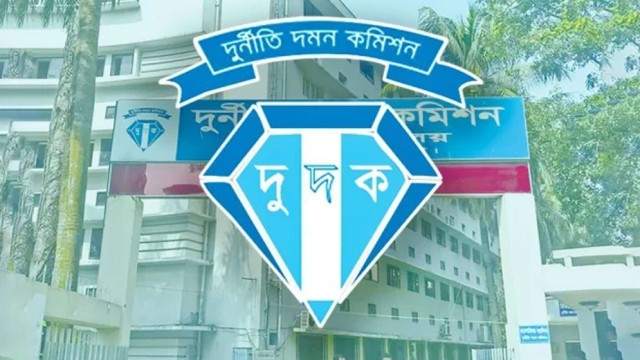
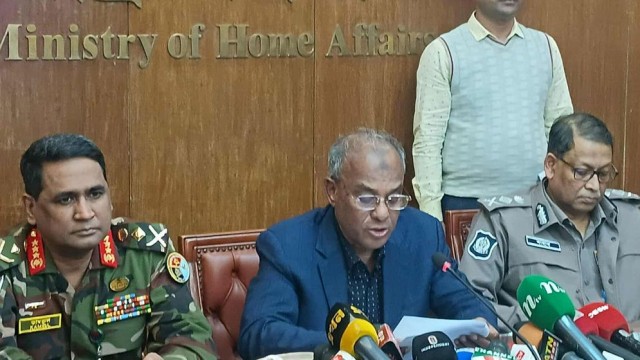
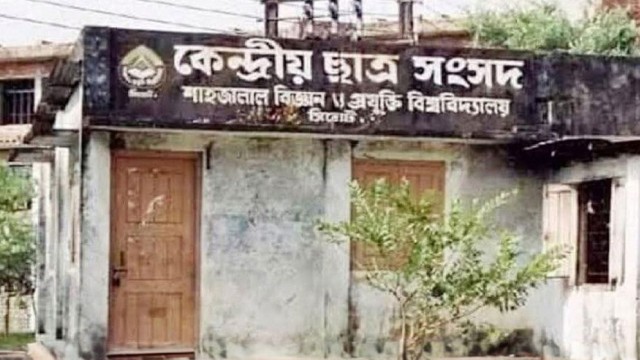
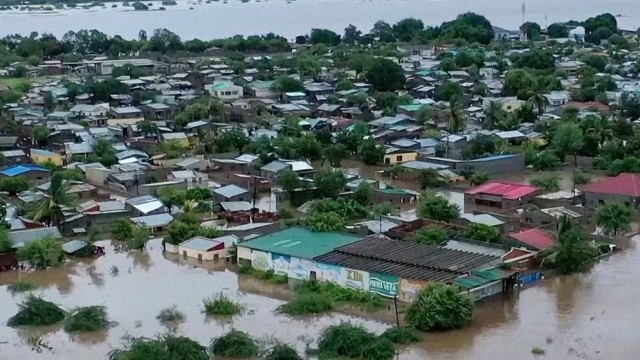
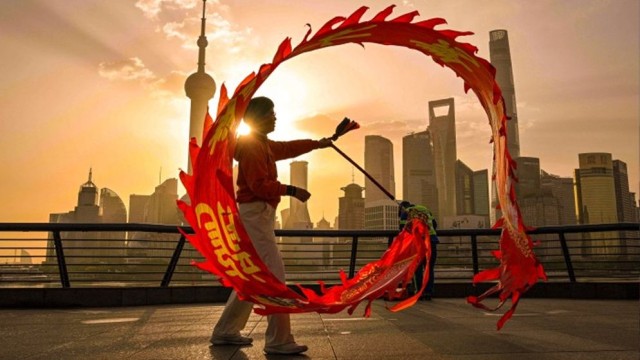

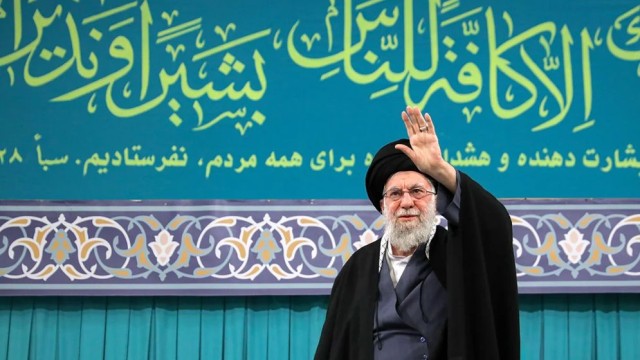


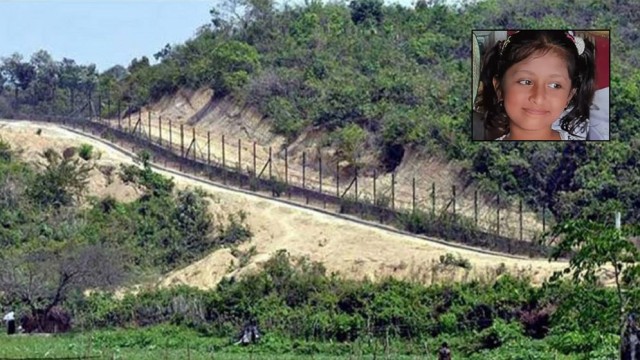

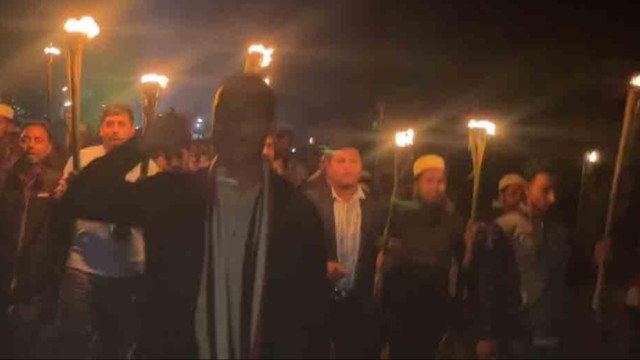

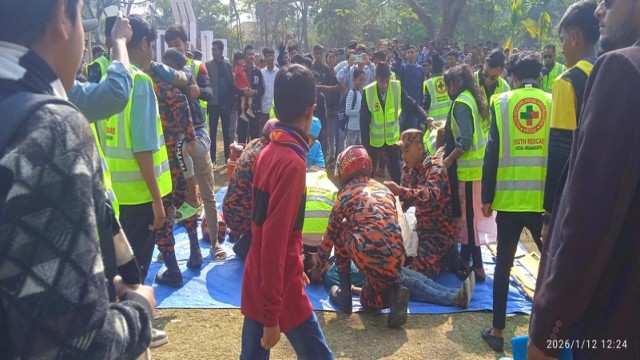
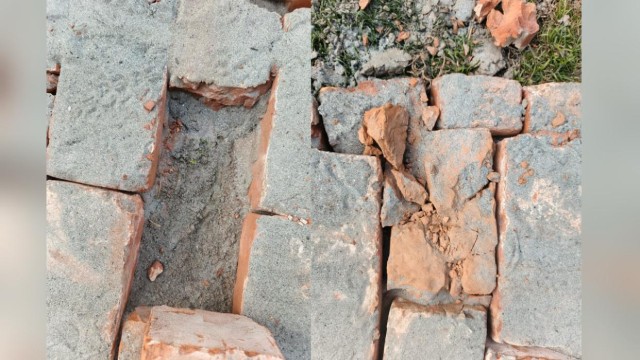

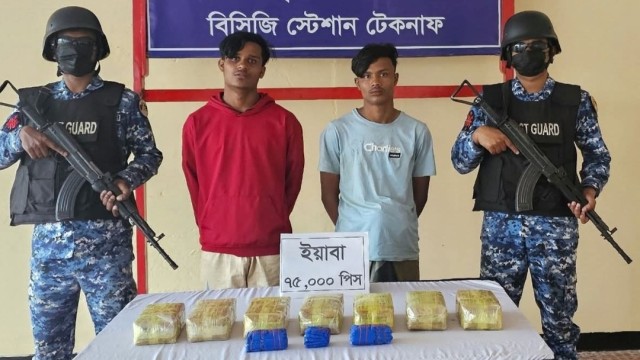

Comment: